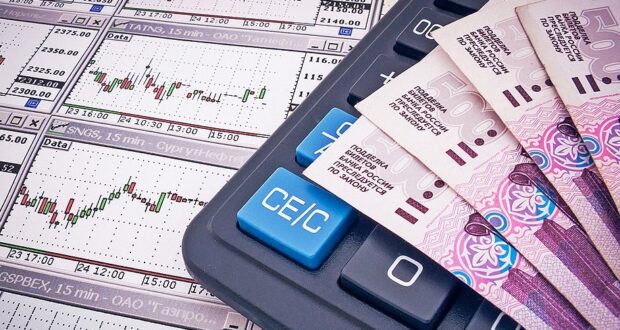
One of the main commodities of the stock market is securities. When buying shares of a company, the buyer becomes an investor and gets the opportunity to claim dividends, which make up a certain part of the profits of this company. The amount of dividends is the investor’s own profit. In addition, the buyer can make a profit in a different way: by selling and buying shares of enterprises at a cost that is more profitable for him. In this case, his income will be the cost difference between buying and selling securities.
In economics, there is a division of securities markets into primary and secondary. In the primary market, or the so-called I PO market , the sale of newly issued shares and other securities is carried out. Among the main participants in the IPO market are government agencies, financial investment and pension funds, large corporations and private investors. The secondary market is a place of active trading in securities in colossal quantities. Distinguish between exchange and over-the-counter securities markets. On the exchange secondary markets, the product of purchase and sale is the shares of only those companies and organizations that are listed on the exchange. The largest exchanges in the world are the Tokyo, New York Stock Exchanges and NASDAQ.
Securities of other firms are available for purchase and sale in free form on the OTC market.
Each exchange “lives” according to certain rules that are binding on its participants. Prices in the OTC market are formed based on the results of negotiations between sellers and buyers of securities, among which government securities, shares of small companies in various industries, as well as shares of new companies that show great hopes for further development and prosperity, prevail.
The most famous types of securities are stocks and bonds, but along with them, there is active trading in the stock markets and so-called surrogates for securities, among which there are futures and options on stocks, promissory notes, checks, certificates of deposit and others. However, the main turnover falls on bonds and stocks.
Translated into English, “share” means “share” or “share”, which fully confirms its essence. After all, shares give their owners the opportunity to receive a part (share) of the profits of the company that issued them.
All shares are divided into two types: ordinary and preferred. Buying ordinary shares, the buyer invests his money in the company, becoming its co-owner. Ordinary shares give him the right to vote at the meeting of shareholders of this firm, as well as the possibility of earning income on the price difference. Preferred shares are less liquid than ordinary shares, but thanks to them, the owner can receive dividends. or make money on buying and selling.
If earlier all securities, including shares, were issued exclusively on paper and were kept in the safes of their owners, then with the development of information technologies they were “reborn” into a record made in the database – the registers of shareholders. Now, when buying shares, an entry is only made on the account that is opened in the depository, and when selling, this account is deleted, and the account becomes clean.
Bonds are the second most popular type of securities. Translated from English “Bond” means “obligation”. This also reflects the essence of modern bonds, because they are nothing more than an obligation of the issuer to pay the buyer of the bond not only its cost, but also the interest on it within a certain time period. Bonds are traded on the stock exchange not in foreign currency, but in percentage terms of its face value, since this face value is always known.
The selling price of a stock, bond and other securities is called the price of the security. This rate depends on the amount of income that each individual security brings, and is formed when a transaction is concluded between the seller and the buyer.
Financial transactions are an integral part of the stock market. These include cash, urgent and batch transactions. A cash transaction is characterized by prompt payment immediately after the fact of the transaction itself. Forward transactions are analogous to transactions in the commodity markets, and batch transactions are concluded in the purchase and sale of a large batch of securities at a time.
